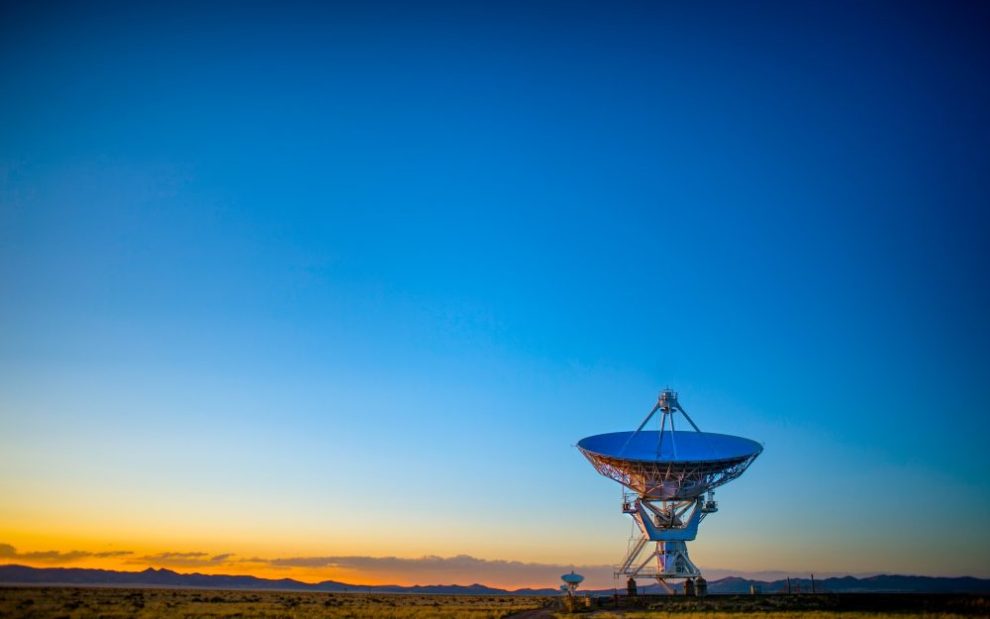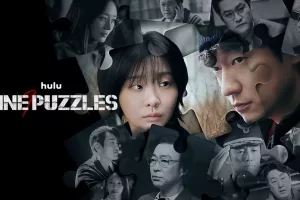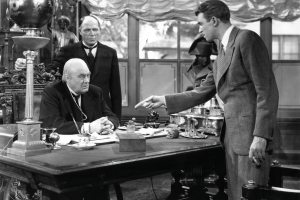Catholic print media has recently noted the prominence of Christian science fiction/fantasy authors. In 2021, Jesuit Brother Guy Consolmagno, director of the Vatican Observatory (Specola Vaticana), published an essay that addresses the question of why science fiction has so many Catholic writers. “A writer with a Catholic understanding of good and evil can always bring new light on old questions,” Consolmagno writes. “By posing them in settings or situations that pull us away from our comfortable clichés and presumed solutions, we see them, and ourselves, in a new light.”
This sentiment reflections what Consolmagno wrote in an earlier essay for U.S. Catholic on whether science fiction can point to God. “Good and evil portrayed in an honest fantasy can be identified with the good and evil we must face in our own lives; choosing good and fighting evil is exactly the struggle that makes characters into heroes,” he writes.
Similarly, in September 2022 America magazine reprinted a 1980 article by the late Willis McNelly, former professor of English at California State University, which discusses the easy-to-overlook affinity between speculative fiction and the Catholic faith.
“The religious worlds offered by science fiction are often radically discontinuous from the ones we know, yet sufficiently similar to cause us to pause and question our own,” McNelly writes. “If science fiction or speculative literature is extrapolative, then the apparently disparate conjunction of science and religion should come as no surprise. Both religion and science, after all, deal with the substance of a value beyond rational comprehension.”
One Catholic writer who appears at home in speculative fiction is Tim Powers of California, who has more than 20 novels and short story collections to his credit. In Powers’ view, certain kinds of speculative fiction can help readers understand there are more things in heaven and Earth than are “dreamt of in our philosophies.”
“In these stories, readers are put right into spiritual mysteries and have to try to comprehend them along with the characters,” Powers says. “It’s good mental practice, reminding us that these are not just abstractions.”
Time travel is a prominent element in many of Powers’ stories. In one sense, travel between past and present is akin to time in purgatory for lost souls. Many of Powers’ characters have yet to enter paradise but roam through time reflecting on their lives and seeking some form of redemption.
In his short story “Down and Out in Purgatory,” Powers has one character reflect on existence after leaving mortal life. “I think I’ve finally figured that out, in my time here,” the character says. “That’s the value of this halfway house, it gives spirits a little while to get straightened out, to reconsider stuff.”
Writer Karina Fabian is another author whose fantasy stories reflect Catholic values, albeit in a more playful manner. Her speculative fiction includes the Space Traipse and Dragon Eye, PI series as well as the more fantastical Mind Over trilogy. Most of Fabian’s stories feature “spacefaring nuns” as private investigators and, in some cases, a Catholic dragon detective with a nun as an investigative partner.
“The Catholic faith has influenced my fiction in that it’s an integral part of my mind, heart, and soul,” Fabian says. “I seldom push the faith. . . . Rather, my stories naturally end up with faith, hope, and love, because that’s what the church teaches. It’s what I believe, and it’s what the characters in my mind will naturally aspire toward.”
Likewise, emerging science fiction writer Jessica Pegis recently published her debut novel, The God Painter (Stone Table Books), which describes a new utopian world that comes into being immediately after a lethal solar flare destroys Earth. The inhabitants of this new world are assisted by a series of seven “hosts” who provide for almost every human need. The tension in the story arises as some of the new world survivors fear that the hosts can’t be of divine origin and, as such, must be agents of Satan.
Pegis’ story takes issue with a rigid understanding of male and female genders in the whole human person, but that is not the book’s primarily objective. In one sense, the God Painter paints a picture of what God and heaven might look like and what role angels and spirits can play in understanding eternity.
Pegis says speculative fiction can be an ideal venue to express ideas and concepts that challenge traditional beliefs. “I don’t think that you can write fiction and worry about defying authority and that sort of thing,” she says. “As long as the ideas are actually there, it becomes a way of bringing them forward in a way that resonates with the modern reader.”
Catholic science fiction writer Jane Lebak, meanwhile, is author of the Seven Archangels series. Although Lebak’s writing is aimed at younger reading audiences, it still points to such questions such as the purpose of mortal life and the promise of salvation.
“The most important features of Catholic speculative fiction, for me, seem to be a sense of hope and the intersection of the human and the divine,” Lebak says. “Too much secular fiction is lacking in hope, but Catholic work needs to demonstrate the hope that Christ will fulfil his promises. The same way Jesus is both God and human and all our sacraments combine form and matter, my angel stories intersect heavily with the human world. Spirit and matter are interconnected. Just like in the book of Revelation, our dramas are simultaneously playing out in the preternatural sphere.”
Lebak’s most recent work is Perdition’s Heirs, the sixth book in the Seven Archangels series. In the book, an angelic special ops team battles to prevent three powerful siblings from continuing their grandfather’s pact with the devil.
An active member of the Catholic Writers’ Guild and other bookish organizations, Lebak acknowledges that there are issues with diversity and inclusion in various fields of writing, and points to mentorship and other incentives as ways to create more opportunities. “We’ve tried to brainstorm how to lower barriers for underrepresented writers to get into publishing, but we haven’t come up with a path forward just yet,” she says.
Despite a shortage of diversity in the world of speculative fiction in general, Lebak still believes fantasy and science fiction might be the best venues for underrepresented writers to tell their stories. “Any speculative fiction is already primed to accept characters as both individuals and as a part of their race and culture, so embracing a wide range of human experiences and human cultures should be a given,” Lebak said. “In Perdition’s Heirs, I tried to make it clear that my angels aren’t all white, and the main characters are about an equal split between male and female.”
For Consolmagno, speculative fiction by its nature offers opportunities to challenge societal preconceptions.
“Every story reflects the concerns and thus the culture of its author,” Consolmagno says. “But science fiction has an extra advantage. By setting its stories in times and places far from the present, with characters who are far from the norm, contemporary issues examined from new perspectives can be snuck past the cultural biases of the reader. In turn, it attracts a diverse audience who often see themselves as outsiders. They become the next generation of writers—and this is real diversity, covering every sort of political, religious, and cultural viewpoint.”
Image: Unsplash/Donald Giannatti













Add comment